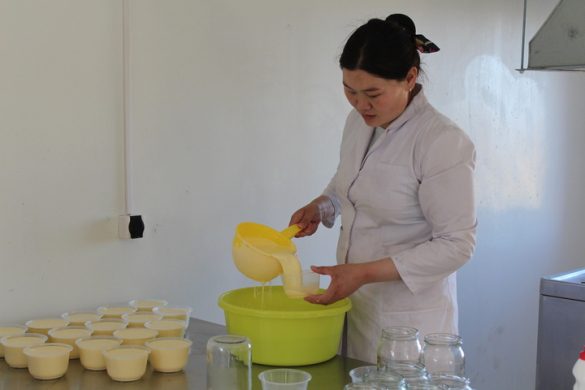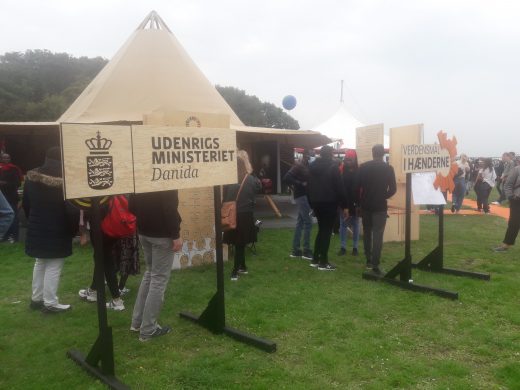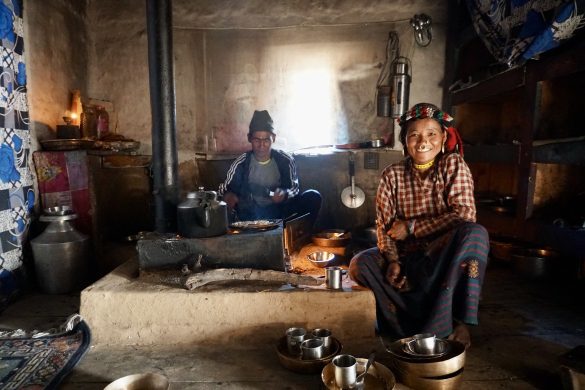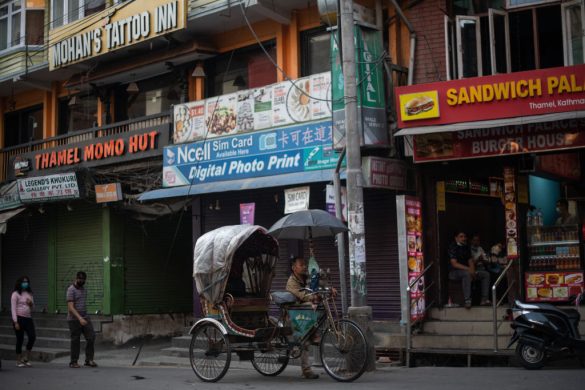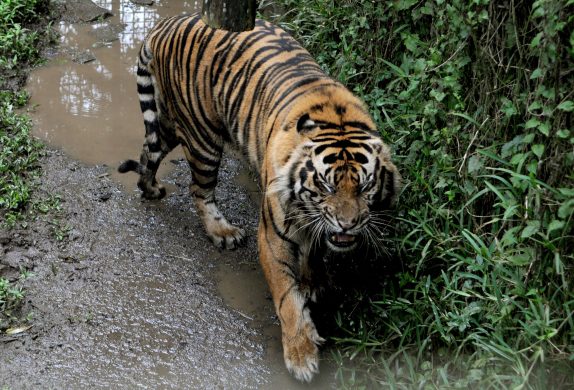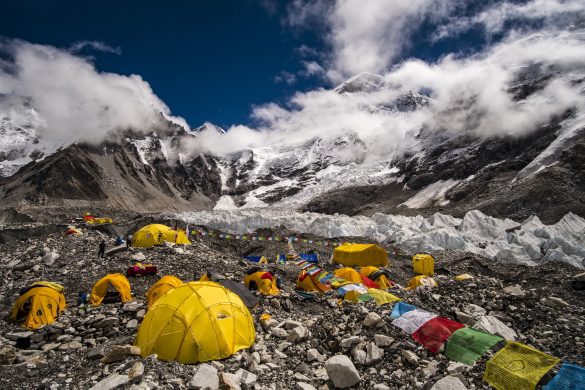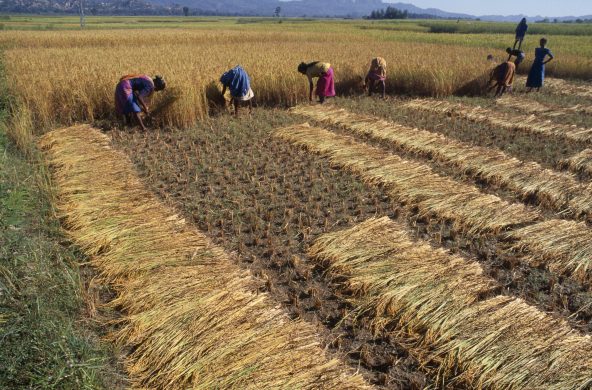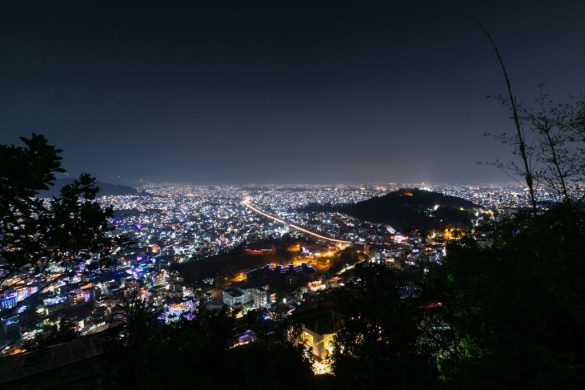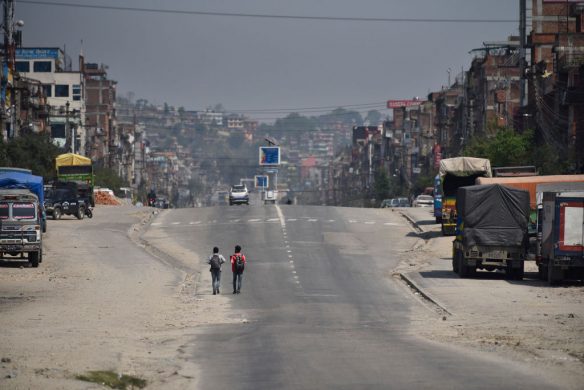As aid agencies and NGOs fight to deliver aid and help victims of the devastating earthquake in Nepal, International Dalit Solidarity Network (IDSN) wish to draw attention to the importance of considering caste discrimination in relation to aid delivery in Nepal.
In the past in disaster responses in caste-affected countries, such as the response to the 2004 Tsunami in India, Dalits (kasteløse, red) have faced problems when trying to register for relief.
They often receive poorer and fewer relief goods; they are exploited to remove corpses or debris; their losses are less visible as ownership is not formally recognised; and they are not consulted when needs are assessed.
Klare anbefalinger
The IDSN report Equality in aid: Addressing caste discrimination in humanitarian response represents an important tool for the work in relation to humanitarian aid in Nepal and other caste-affected countries, to ensure that all appropriate measures are taken to combat caste discrimination in aid delivery and disaster risk reduction.
In his foreword to the report, Claus Sørensen, Director-General of the EU Humanitarian Office (ECHO), notes that “more remains to be done to ensure that equality in humanitarian response overall is achieved”. He adds that the report identifies “clear recommendations for how to achieve this in the context of caste discrimination.”
The report contains a set of recommendations on how to ensure that Dalits and similar groups are not excluded from full aid delivery, including practical advice on how to be aware of caste discrimination when responding to disasters. Numerous examples of caste discrimination in humanitarian response from India are listed in the report.
The Assessment Capacities Project (ACAPS), a non-profit initiative of a consortium of three NGOs (Action Contre la Faim – ACF, Norwegian Refugee Council and Save the Children International), also raises concern over caste discrimination in relief efforts in their publication, Lessons Learned for Nepal Earthquake response, from 27 April 2015, stating,
“Caste based discrimination of the Dalits (formerly known as untouchables) in the public sphere in Nepal has been observed to take a number of forms, ranging from denial of access to public water taps and temples, to discrimination in government offices (UNRC Office Nepal 16/08/2013). Dalit communities are more vulnerable to natural and human-made disasters because of their marginal social standing and discrimination, as well as their habitation in marginal spaces, segregated from mainstream settlements. This often results in Dalits living in highly vulnerable places. Current humanitarian standards do not require, guide or suggest that providers of humanitarian assistance understand and respond to caste discrimination (IDSN 2012). Assessments show that Dalits have been systematically excluded from relief and rehabilitation efforts following flood and other natural hazard events (Indiawaterportal 21/09/2012). The needs for vulnerable groups therefore need to be included within the initial needs assessments for proper targeting and programming.”
IDSN urges all stakeholders involved in providing humanitarian assistance in Nepal to follow the recommendations and guidelines in the IDSN report and issued by ACAPS. IDSN’s members and associates in Nepal will be monitoring the situation and we will report any news of discrimination through our Twitter and Facebook channels.




